Hepato-pancreato-biliary
E194: Patient-Derived Biliary Tract Cancer Organoid Biobank: Is Personalized Medicine Utilizing Organoids Feasible for Patients with Cholangiocarcinoma?
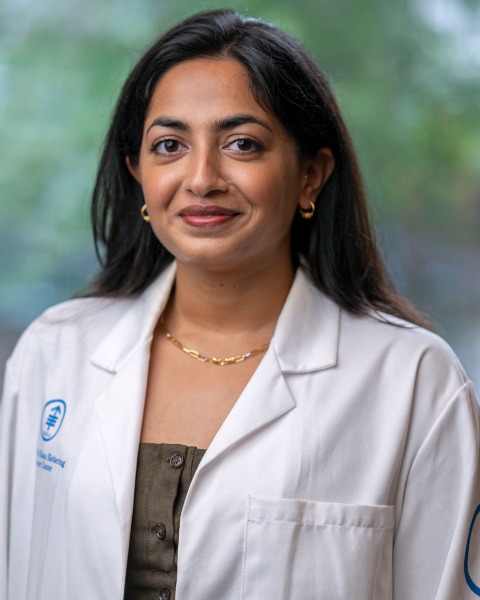
Naaz Nasar, MD (she/her/hers)
Research Fellow
Memorial Sloan Kettering Cancer Center
New York , New York, United States
Naaz Nasar, MD (she/her/hers)
Research Fellow
Memorial Sloan Kettering Cancer Center
New York , New York, United States
Naaz Nasar, MD (she/her/hers)
Research Fellow
Memorial Sloan Kettering Cancer Center
New York , New York, United States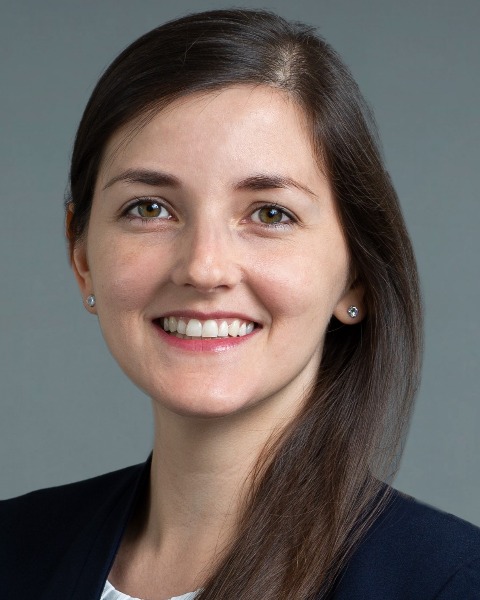
Sarah M. McIntyre, MD (she/her/hers)
Surgical Resident
NYU Langone Health
New York, New York, United States- HK
Hannah L. Kalvin, MSPH
Biostatistician
Memorial Sloan Kettering Cancer Center, United States - MG
Mithat Gonen, PhD
Chief of Epidemiology and Biostatistics
Memorial Sloan Kettering Cancer Center, United States - NL
Nicolas Lecomte, PhD
Senior Research Scientist
Memorial Sloan Kettering Cancer Center, United States - EK
Elias-Ramzey Karnoub, BSc
Senior Research Technician
Memorial Sloan Kettering Cancer Center, United States - JH
Jungeui Hong, PhD
Senior Research Scientist
Memorial Sloan Kettering Cancer Center, United States - KS
Kevin C. C. Soares, MD
Assistant Attending Surgeon
Memorial Sloan Kettering Cancer Center, United States 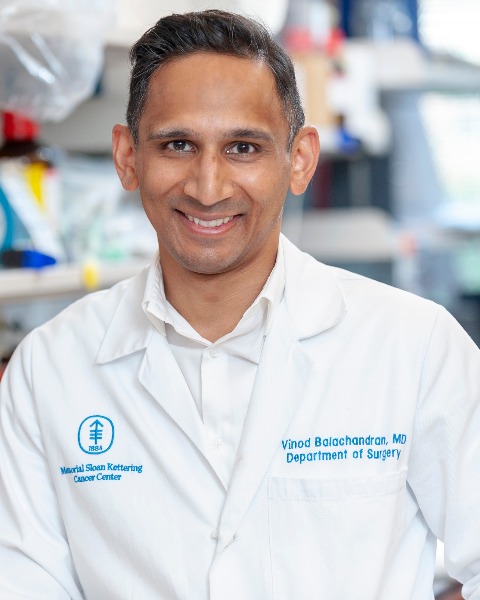
Vinod P. Balachandran, MD
Assistant Attending Surgeon
Memorial Sloan Kettering Cancer Center, United States- JD
Jeffrey A. Drebin, MD, PhD
Chair of Surgery
Memorial Sloan Kettering Cancer Center, United States - TK
T. Peter Kingham, MD
Attending Surgeon
Memorial Sloan Kettering Cancer Center, United States 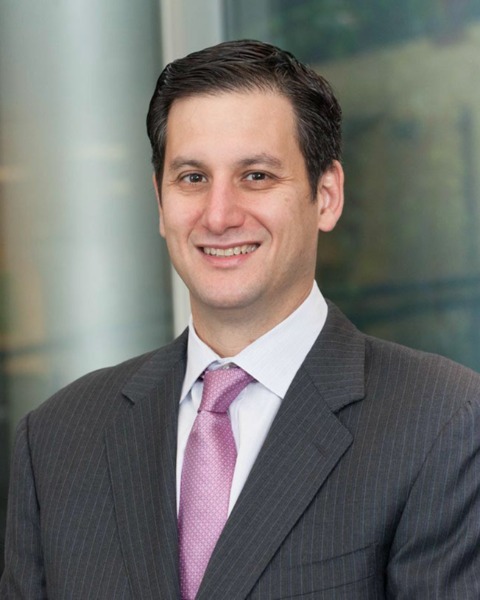
Michael I. I. D'Angelica, MD
Attending Surgeon
Memorial Sloan Kettering Cancer Center
New York, New York, United States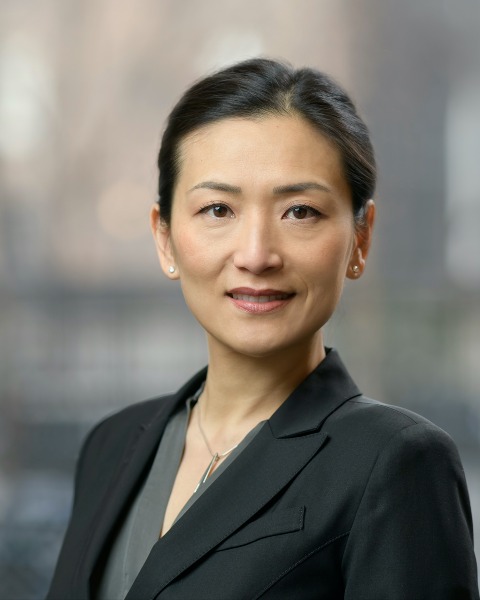
Alice C. Wei, MD, MS, FRCSC (she/her/hers)
Attending Surgeon
Memorial Sloan Kettering Cancer Center
New York, New York, United States- WJ
William R. R. Jarnagin, MD
Chief of Hepatopancreatobiliary Surgery
Memorial Sloan Kettering Cancer Center, United States - CI
Christine Iacobuzio-Donahue, MD PhD
Director of Center for Pancreatic Cancer Research
Memorial Sloan Kettering Cancer Center, United States
ePoster Abstract Author(s)
Submitter(s)
Author(s)
The establishment of cholangiocarcinoma (CC) organoids has previously been described to be difficult due to fewer driver mutations, and limitations in the ability to mimic tumor microenvironment. The aim of this study was to develop a successful culturing system for CC organoids that preserves intratumoral heterogeneity, and in turn, to determine the feasibility of personalized medicine in patients with CC using organoids.
Methods:
From 2020-2023, 75 CC tumor samples were prospectively collected from 65 patients. The tumors were sequenced using targeted next generation sequencing (NGS). Samples were processed, and organoids were generated and cultured following a standardized protocol. The organoids were grown in three different types of enriched media (M1, M2, and M3). Once cultures were adequately expanded, organoid lines were also sequenced using the same targeted NGS platform or MiSeq, a benchtop NGS platform. Mutations of the organoid line were compared to that of the tumor of origin to determine tumor enrichment. To ascertain genotypic association with organoid formation, we examined frequencies of driver mutations of interest. Logistic regression was used to assess the univariate association between mutations of interest and organoid establishment. Two-sided p-values less than 0.05 were considered to be significant.
Results:
Of the 75 samples collected, 24 (32%) were extrahepatic CC tumors, and the remaining were of intrahepatic origin. 92% of the samples were collected from primary tumors, and 71% of the samples were chemotherapy naïve.
64 samples successfully grew organoids. 11 of the 64 samples were noted to retain the mutations of the tumor of origin in organoid culture; the overall success rate of tumor organoid formation was 14.6% (11/75). Tumor enrichment of organoid lines was most commonly achieved using M3 (9 out of 11 samples), the median passage at which tumor enrichment occurred was 8 (interquartile range (IQR) 2-10), indicating that the approximate median time to tumor organoid formation was 16 weeks (IQR 4-20 weeks). There was no statistically significant association between driver mutations and organoid establishment.
Conclusions:
Intratumoral heterogeneity of cholangiocarcinoma is maintained in organoid culture. This preclinical model potentially recapitulates the clinical features of the disease seen in humans. However, prolonged duration and low success rate of tumor enrichment makes it a less appealing avenue for personalized medicine.
Learning Objectives:
- List the application of pre-clinical models such as patient-derived organoids in cholangiocarcinoma research.
- Describe methods used to generate, culture and sequence cholangiocarcinoma organoids.
- Determine that there is no genotypic association with cholangiocarcinoma organoid formation.
